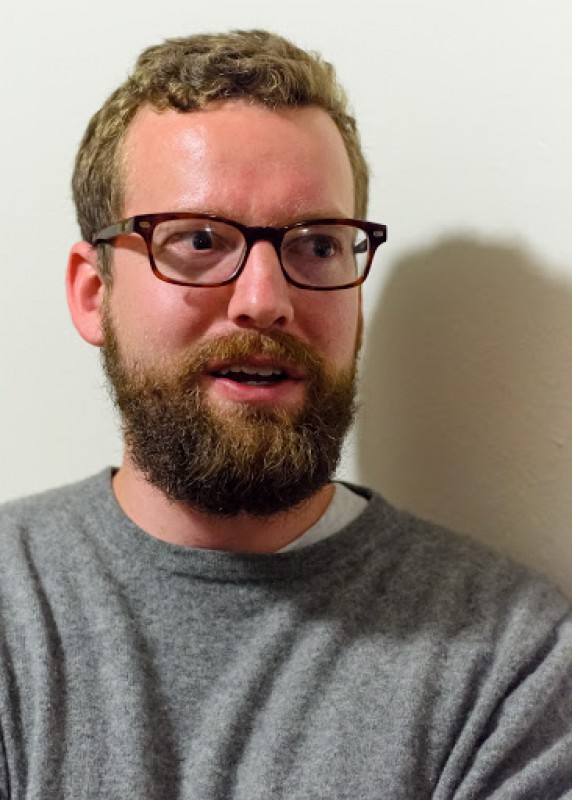KLI Colloquia are invited research talks of about an hour followed by 30 min discussion. The talks are held in English, open to the public, and offered in hybrid format.
Fall-Winter 2025-2026 KLI Colloquium Series
Join Zoom Meeting
https://us02web.zoom.us/j/5881861923?omn=85945744831
Meeting ID: 588 186 1923
25 Sept 2025 (Thurs) 3-4:30 PM CET
A Dynamic Canvas Model of Butterfly and Moth Color Patterns
Richard Gawne (Nevada State Museum)
14 Oct 2025 (Tues) 3-4:30 PM CET
Vienna, the Laboratory of Modernity
Richard Cockett (The Economist)
23 Oct 2025 (Thurs) 3-4:30 PM CET
How Darwinian is Darwinian Enough? The Case of Evolution and the Origins of Life
Ludo Schoenmakers (KLI)
6 Nov (Thurs) 3-4:30 PM CET
Common Knowledge Considered as Cause and Effect of Behavioral Modernity
Ronald Planer (University of Wollongong)
20 Nov (Thurs) 3-4:30 PM CET
Rates of Evolution, Time Scaling, and the Decoupling of Micro- and Macroevolution
Thomas Hansen (University of Oslo)
RESCHEDULED: 18 Dec (Thurs) 3-4:30 PM CET
Chance, Necessity, and the Evolution of Evolvability
Cristina Villegas (KLI)
8 Jan 2026 (Thurs) 3-4:30 PM CET
Embodied Rationality: Normative and Evolutionary Foundations
Enrico Petracca (KLI)
15 Jan 2026 (Thurs) 3-4:30 PM CET
On Experimental Models of Developmental Plasticity and Evolutionary Novelty
Patricia Beldade (Lisbon University)
29 Jan 2026 (Thurs) 3-4:30 PM CET
Jan Baedke (Ruhr University Bochum)
Event Details

Topic description / abstract:
Fictionalism is the view that at least some scientific models have the same ontological status as the worlds that are imagined when one reads a piece of literary fiction. A model of species richness is the same sort of thing, ontologically, as Shakespeare's Verona. But since fictionalists believe models exist in the imagination of modelers, one challenge for fictionalists is to explain how this view is compatible with the existence of scientific models that appear to be conceptually impossible. After all, at least ostensibly, what is conceptually impossible cannot be imagined. This criticism of fictionalism was recently articulated by Michael Weisberg (2013), and the criticism puts particular pressure on fictionalist accounts of evolutionary models, since many such models are conceptually impossible. For instance, these models, relying as they do on ordinary differential equations, allow there to be fractions of organisms—e.g., a population of 101.35 rabbits. If no such population is imaginable, then fictionalism would appear to be in trouble. But all is not lost for the fictionalist, or so I shall argue. The semantics of subjunctive conditionals can help fictionalism here, as can Daniel Gillespie's important work on the relationship between discrete and continuous models of population dynamics.
Weisberg, M. (2013) Simulation and Similarity: Using Models to Explain the World. Oxford, UK: Oxford University Press.
Biographical note:
Brian McLoone received his Ph.D. in philosophy from the University of Wisconsin–Madison in 2016, and is now an assistant professor in the School of Philosophy at the Higher School of Economics in Moscow. Most of Brian's research concerns issues in philosophy of biology, particularly conceptual issues in evolutionary biology relating to natural selection, chance, causation, and explanation.


